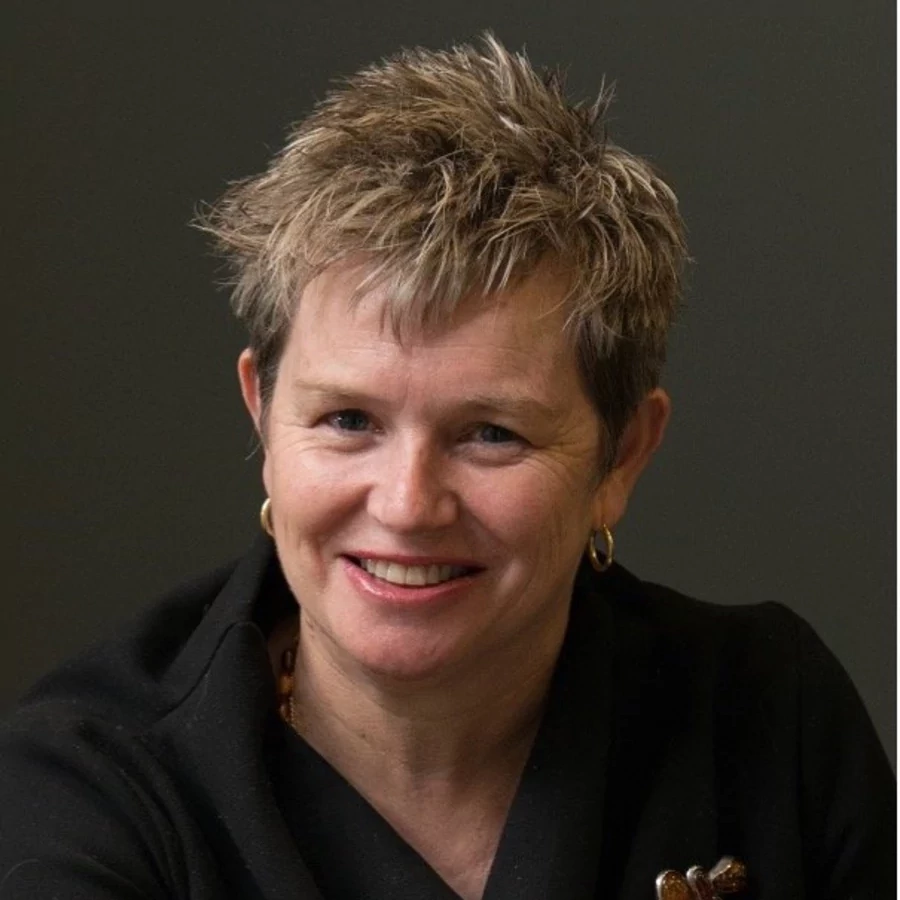
Professor Margaret Hellard AM is a Deputy Director at the Burnet Institute, Head of Hepatitis Services in Department of Infectious Diseases at The Alfred Hospital and an Adjunct Professor at Monash University and University of Melbourne, Melbourne, Australia. Margaret is an infectious disease physician, public health physician and infectious diseases epidemiologist (and yes was one prior to COVID), with her work focusing on the management of blood borne viruses; the ultimate aim being to eliminate viral hepatitis as a public health threat and end the HIV/AIDS epidemic. A key aspect of this work is to ensure equity of access to all people at risk of blood borne viruses, including people who inject drugs. Since the COVID pandemic, Margaret has continued her blood borne virus work, whilst also undertaking modelling, public health and epidemiology studies aimed at reducing the direct and indirect impacts of the COVID-19 epidemic on the community. Again a focus is ensuring health and social equity for groups at greater risk of COVID infections and the public health responses aimed at reducing COVID. Margaret is a member of numerous advisory committees and working groups on viral hepatitis and HIV within Australia and globally, including Co-Chairing the WHO Strategic and Technical Advisory Group on HIV, Viral Hepatitis and STIs.
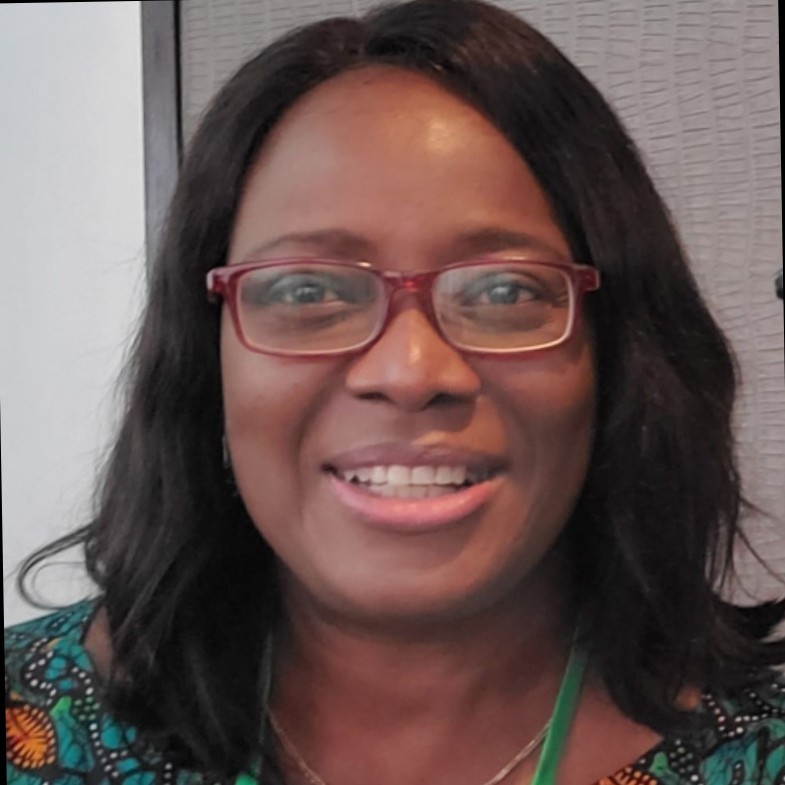
Currently works at WHO, Geneva , Switzerland and coordinates the Viral hepatitis programmme across the technical areas and implementation of interventions for country impact. She has participated in the development of validation criteria for hepatitis elimination and lead the project on assessing these criteria across 7 countries in the WHO regions. She is also Professor of Medicine and Hepatology with extensive clinical experience in patient care in Africa.
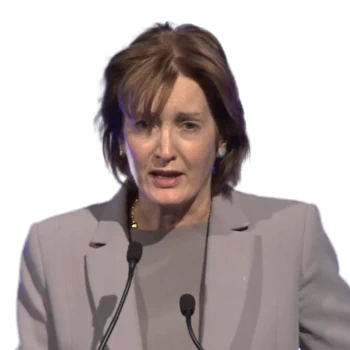
Professor Philippa Easterbrook is a senior infectious disease and public health researcher, epidemiogist and physician, who has dedicated more than three decades to clinical care, research, and scale-up of the global response to the HIV epidemic, and the last 7 years also to the global elimination of hepatitis C and B infection. She is currently based in the HIV, Hepatitis and STI department at the World Health Organisation Headquarters in Geneva, where she has led and coordinated the scientific research and evidence-base and development of WHO global normative guidance in HIV and viral hepatitis B and C infection, alongside implementation of testing and treatment scale-up in low and middle-income countries. For eleven years, she was Head of Department, Professor of HIV Medicine, and consultant physician in Infectious Diseases at King´s College London, and also served as Head of Research at the Infectious Diseases Institute, Makerere University, Kampala, Uganda. Her research has encompassed epidemiology, clinical trials, operational/implementation science and laboratory-based studies.
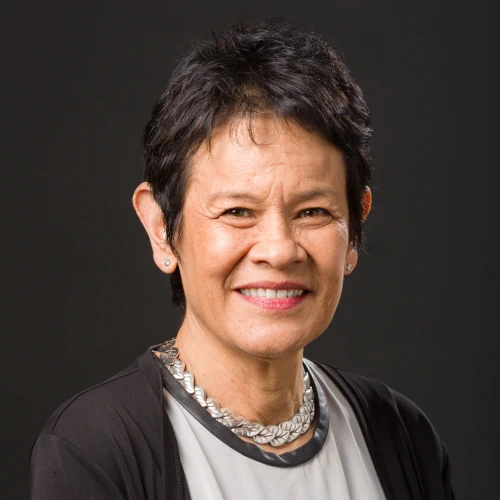
Dr. Guadalupe Garcia-Tsao is Professor of Medicine at Yale University and at the VA-Connecticut Healthcare System. She is also Director of the Clinical Core of the NIH-funded Yale Liver Center and Associate Editor for the NEJM. Dr. Garcia-Tsao’s investigation focuses on cirrhosis, portal hypertension and related complications, having authored over two hundred original research publications in addition to several society guidelines and position papers in the field. Her H-index is 99.
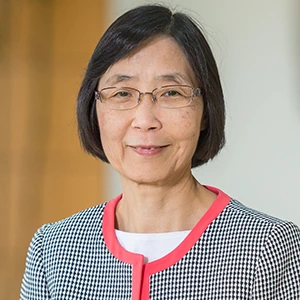
Dr. Lok completed her medical training in Hong Kong and hepatology training with Professor Dame Sheila Sherlock in London. She is Professor and Director of Hepatology and Assistant Dean for Clinical Research at the University of Michigan, Ann Arbor. She has been involved in research on viral hepatitis and hepatocellular carcinoma for 4 decades and co-authored every version of the AASLD Hepatitis B guidelines since its inception in 2001.
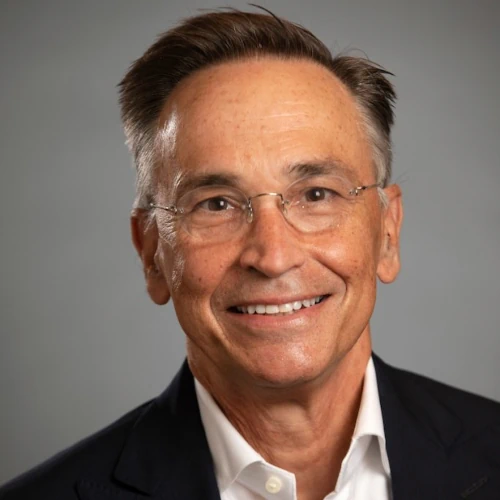
Dr Ward directs the Coalition for Global Hepatitis Elimination of the Task Force for Global Health providing a communities of practice for hepatitis elimination programs to collaborate, receive technical assistance, participate in operational research. Dr Ward advises hepatitis elimination activities at WHO and other organizations. Over a 13-year tenure, Dr Ward directed the US CDC Division of Viral Hepatitis. . Dr Ward has authored over 175 scientific publications. Dr Ward is a Professor in the Hubert Department of Global Health, Rollins School of Public Health, Emory University, Atlanta.
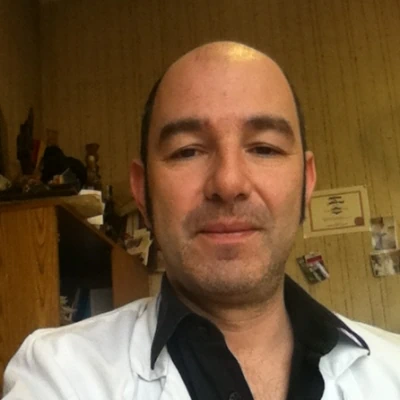
Pierre Nahon is Professor of Hepatology at Avicenne Hospital in Bobigny, APHP, France. He is also a clinical scientist at INSERM U1138, studying the constitutional genomics of liver cancer. Professor Nahon gained his medical degree from the University of Paris 13, before undertaking a PhD in biology. Subsequently, he completed a Higher Degree for Research (HDR) at the University of Paris 13. Professor Nahon’s research interests focus on the complications of cirrhosis, in particular hepatocellular carcinoma. He is the Scientific Coordinator of the French National Agency for Research on AIDS and Viral Hepatitis CO12 CirVir cohort, which is a prospective follow-up of nearly 1800 patients with compensated viral cirrhosis and sequential biobanks in 35 centres across France currently under exploration for multiple biomarker studies (RHU DELIVER). He also coordinates a WP dedicated to AI, biomarkers and HCC surveillance in the setting of the GENIAL H2020 European project. Professor Nahon is also the co-Coordinator of a GWAs within the Genetic work package of the French Hepatocellular Carcinoma Multi-technological Project (HECAM) published in the Lancet Oncology. He also obtained funding for the implementation of multicentric Phase 2 trials testing the efficacy of combining percutaneous ablation with neo- and adjuvant immunotherapy or TKI for the treatment of hepatocellular carcinoma (NCT03630640 NIVOLEP and NCT05113186 LENVABLA trials). More recently, he coordinates an academic randomized trial testing abbreviated MRI for the early detection of HCC in high-risk patients with cirrhosis (NCT05095714 FASTRAK trial). He is a member of the editorial board of the Journal of Hepatology and is Associate Editor for Liver International. He is an ad hoc reviewer for numerous other scientific journals including Lancet Gastroenterology and Hepatology, Gastroenterology, Gut, Hepatology, Cancer Research, Annals of Oncology and Carcinogenesis.
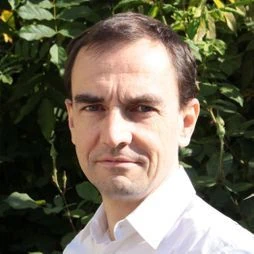
Head of the expert center for viral hepatitis in Nouvelle-Aquitaine

I graduated from Paris VI University, Medical School, in 2001, earned a Master of Public Health from Harvard University Boston USA in 2018, and a PhD in Epidemiology in 2020. I am currently full Professor of Hepatology at Grenoble Alpes University, France, since septembre 2021. My clinic is dedicated to liver diseases including liver cancer. My research and teaching focus on understanding gaps in health trajectories, from exposure to chronic liver disease risk factors to liver cancer developpement and managment. I developped a particular interest for social determinants of health, including sex/gender, and their impact on disparities in liver cancer outcomes.
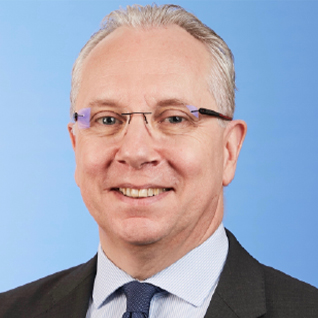
Dr Jean-Michel Pawlotsky is Professor of Medicine at the University of Paris-Est. He is the Director of the Department of Virology at the Henri Mondor University Hospital in Créteil, France, and Director of research team “Viruses-Hepatology-Cancer“ at the Mondor Institute of Biomedical Research (INSERM U955). He focuses on teaching and research in virology (primarily hepatitis viruses) and liver oncology.
Dr Pawlotsky earned his medical degree in Hepatology and Gastroenterology in 1992. In addition, he earned a Thesis in molecular virology from the University of Paris, France, and he is a graduate in virology from the Pasteur Institute in Paris and microbiology from the University of Paris. Dr Pawlotsky has been acting as the Secretary General of the European Association for the Study of the Liver (EASL) between 2005 and 2009. He is in charge of the Young Investigators program at the National Agency for Research on AIDS and Viral Hepatitis/Emerging Infectious Diseases (ANRS). Dr Pawlotsky has been an Associate Editor of Hepatology, the official journal of the American Association for the Study of Liver Diseases (AASLD), between 2001 and 2006, and an Associate Editor of Gastroenterology, the official journal of the American Gastroenterological Association (AGA), between 2011 and 2016.
Dr Pawlotsky’s noted career contributions include the publication of over 650 articles and book chapters in his areas of expertise and over 900 invited lectures at international and national meetings.
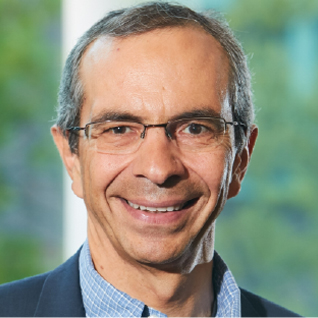
Fabien Zoulim obtained his M.D. in Gastroenterology and Hepatology in Lyon Medical School in 1991. He has also obtained a PhD in Molecular and Cellular Biology and was trained as a post-doctoral researcher at Fox Chase Cancer Center in Philadelphia. He is Professor of Medicine at Lyon I University since 1997. He is Head of the Hepatology Department at the Hospices Civils de Lyon, Head of the Viral Hepatitis Research Laboratory of INSERM Unit 1052, and founded the Lyon Hepatology Institute in 2021. Dr Zoulim served as a Governing Board member of the European Association for the Study of the Liver (EASL) and is currently Associate Editor for Gut. He received the 2022 Distinguished Award in Hepatitis B Research and the 2023 Gertrude Elion Award of the International Society for Antiviral Research. He is coordinating the ANRS “HBV cure” Task Force in France and the “IP-cure-B” project within the EU H2020 workprogram. He co-founded the International Coalition to Eliminate HBV (ICE-HBV: http//:www.ice-hbv.org). Dr Zoulim has published 588 articles (Web of Science H index 89) and is a member of the highly cited researchers (Clarivate 2021).
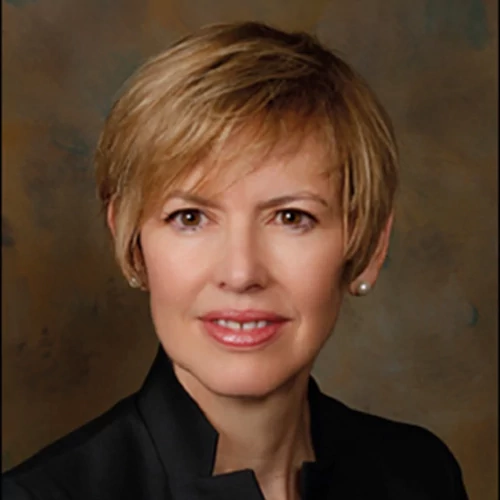
Dr. Norah Terrault is a transplant hepatologist and Professor of Medicine, Neil Kaplowitz endowed Chair of Liver Diseases Research and Chief of Gastroenterology and Liver Diseases at the Keck School of Medicine at University of Southern California. Dr. Terrault has focused her clinical and research activities on viral hepatitis and non-alcoholic fatty liver disease, with specific focus on patients with cirrhosis and liver transplant recipients. In addition to multiple clinical trials related to preventing and treating chronic hepatitis viral hepatitis and fatty liver, Dr. Terrault has been PI on multiple NIH-funded studies, including the current NIH-supported HBV clinical research network (HBRN), nonalcoholic steatohepatitis clinical research network (NASH CRN) and Liver Cirrhosis Network (LCN). She has authored over 400 peer-reviewed manuscripts, editorials, invited reviews as well as US national guidelines for treatment of chronic hepatitis B and C and reproductive health. Dr. Terrault is a Councilor on the AASLD governing board and will serve as president in 2023.
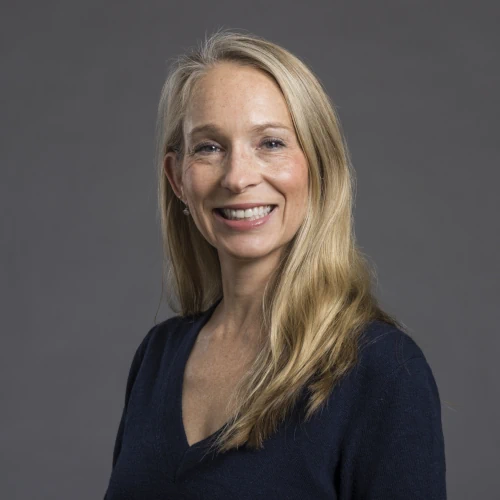
Nancy Reau is currently the chief of hepatology at Rush University Medical Center and co-director of liver transplantation. She completed her training at The Ohio state University of Medicine and her hepatology training at Johns Hopkins University.
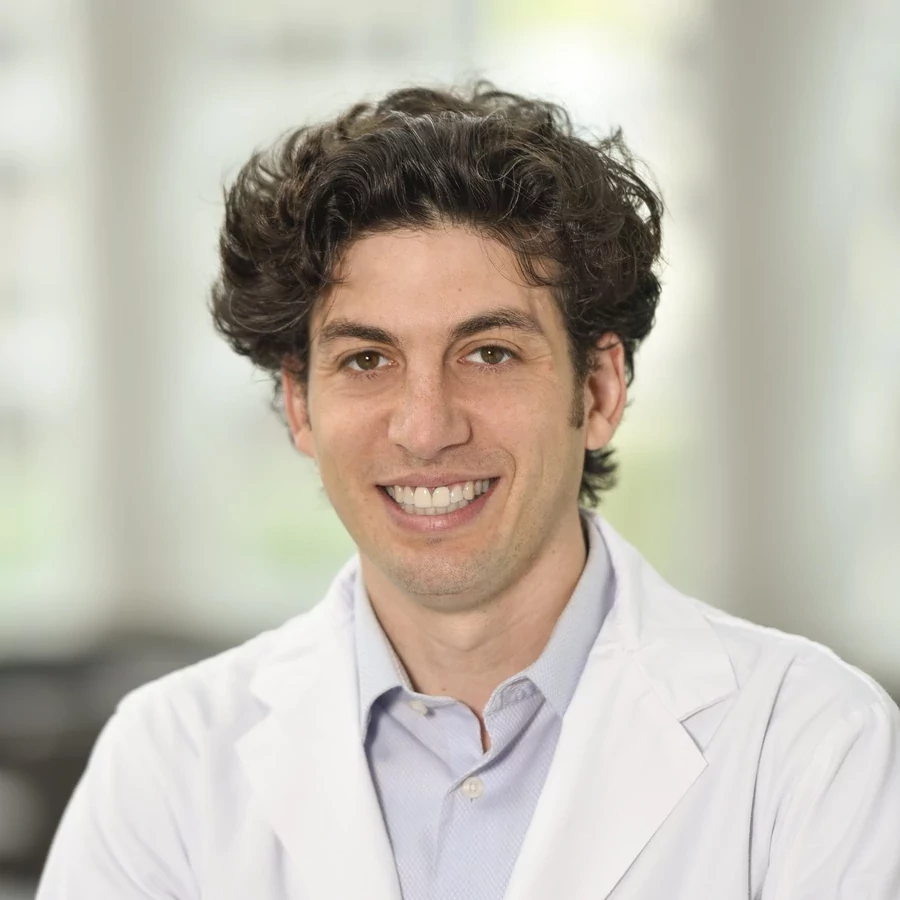
JORDAN J FELD MD MPH Professor of Medicine, University of Toronto, Ontario, Canada Dr. Feld trained in GI and Hepatology at the University of Toronto and did post-doctoral training in the Liver Diseases Branch at the National Institutes of Health in laboratory and clinical research in viral hepatitis. After completing a Masters in Public Health at the Johns Hopkins Bloomberg School of Public Health, he returned to Toronto. He is a Professor of Medicine at the University of Toronto and holds the R. Phelan Chair in Translational Liver Research as a clinician-scientist at the Toronto Centre for Liver Disease in the Toronto General Hospital where he leads a large clinical and translational research program focused primarily on viral hepatitis and its complications.
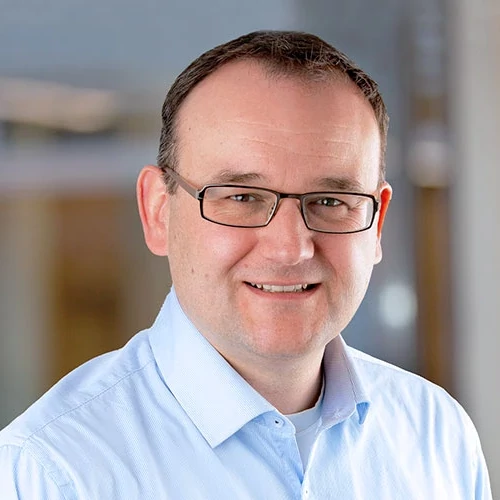
Markus Cornberg is Professor Infectious Diseases with a focus on Hepatology and Deputy Director of the Department of Gastroenterology, Hepatology and Endocrinology at Hannover Medical School, Germany. Since 2019, he is Clinical Director Helmholtz Centre for Infection Research and Director of the Centre for Individualized Infection Medicine (CIIM). Prof. Cornberg is Medical Executive Director of the German Liver Foundation. Since 2007, Prof. Cornberg has coordinated the German guideline on the management of hepatitis B virus infection. He has been Associate Editor of the Journal of Hepatology since 2019. His basic science research focus is the investigation of cellular immune responses for disease progression and treatment response in patients with viral hepatitis. Prof. Cornberg has published >300 original scientific papers as well as review articles.
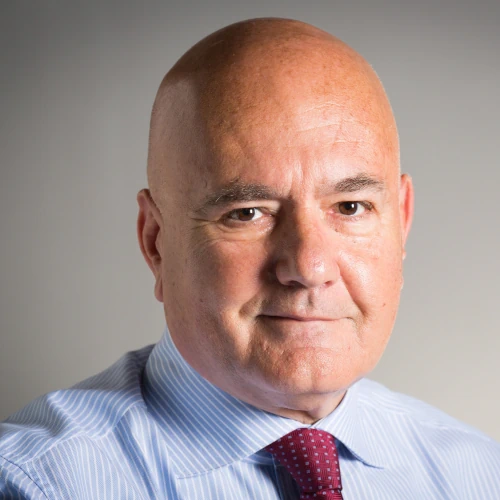
Massimo Pinzani is Professor of Medicine at University College London (UCL), London, United Kingdom. He is a clinical and translational hepatologist, Sheila Sherlock Chair of Hepatology and Director of the UCL Institute for Liver and Digestive Health, Division of Medicine. He is one of the pioneers in the research dedicated to cellular and molecular mechanisms of liver fibrosis and relative diagnostic and therapeutic approaches. Current research is centred on regenerative medicine and on the development of extracellular matrix scaffold of liver, pancreas and small intestine for cell bioengineering and 3D disease modelling.
Professor Pinzani research activity is summarised in 298 original peer-reviewed publications (H Index of 104, Scopus). He has served in the governing and scientific boards of major international organization in Hepatology and Gastroenterology, and as Editor in Chief and Associate Editor of top peer reviewed international journals in Gastroenterology and Hepatology. He served as Educational Councillor and member of the governing board of the European Association for the Study of the Liver (EASL). He is co-founder and Chair of SAB of Engitix Therapeutics Ltd, an UCL spin-off company dedicated to extracellular matrix-based drug discovery for tissue fibrosis and cancer in the liver and digestive system.
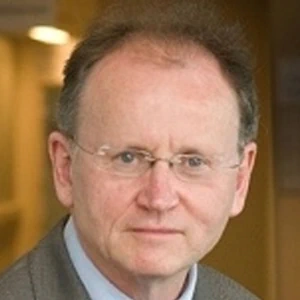
Dr. Gane is Professor of Medicine at the University of Auckland, and Deputy Director of the New Zealand Liver Unit at Auckland City Hospital. Dr. Gane trained in hepatology at the Institute of Liver Studies, King’s College School of Medicine, London. Dr Gane chairs the New Zealand Hepatitis B and C Elimination Strategies. Dr. Gane is an investigator for many international clinical trials on new therapies for viral hepatitis and has published over 500 papers in peer-reviewed journals. He has been awarded many awards from the New Zealand Health Research Council (Beaven and Liley Medals) and received Member of the Order of New Zealand for Services to Medicine.
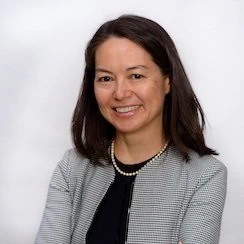
Carla S. Coffin, MD, MSc, FRCPC Professor of Medicine Cumming School of Medicine President-Elect Canadian Association for the Association of the Liver Medical Director of the Viral Hepatitis Clinic, Calgary Liver Unit, Division of Gastroenterology and Hepatology Coordinating Centre Canadian HBV Network.
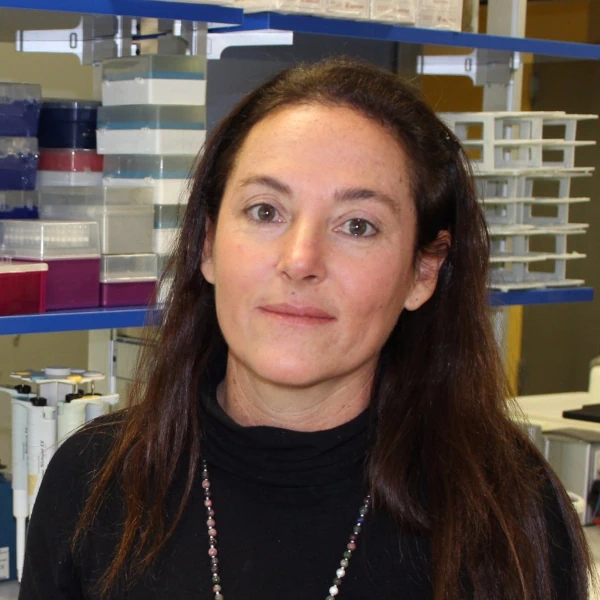
Professor of Medicine in the Department of Medicine at the University of Valencia and Responsible of the Hepatology and Liver Transplantation Unit in La Fe University Hospital. Past ILTS President in 2021-2022.
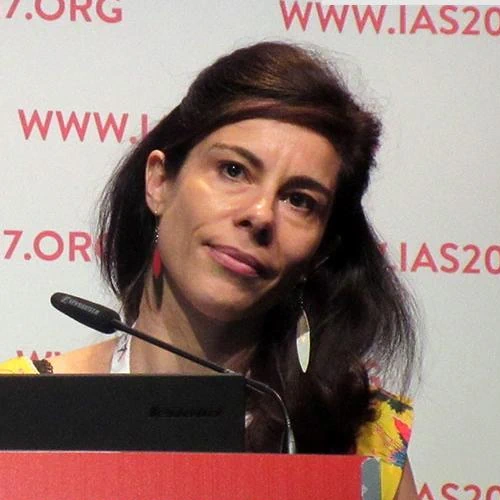
Maud Lemoine is Professor and Consultant of Hepatology at St Mary’s hospital, Imperial College London. She is leading a research programme on prevention and management of chronic hepatitis B in Africa (www.prolifica.africa)
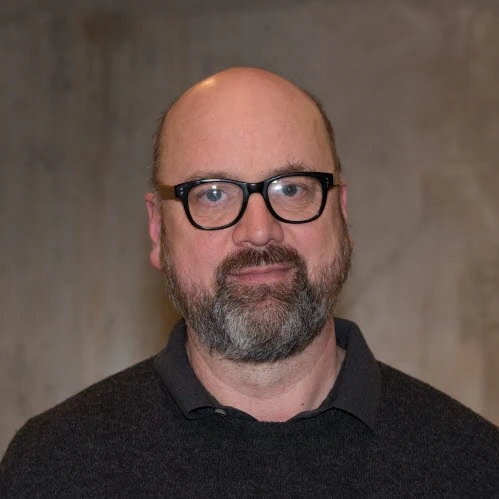
Olav Dalgard is a professorof infectious diseases. His research focus has been on health in people who inject drugs. In recent years Dalgard has been testing new models of hepatitis C care adapted to the special needs of people who inject drugs. Furthermore, he has done investigations of reinfection after succesful HCV treatment
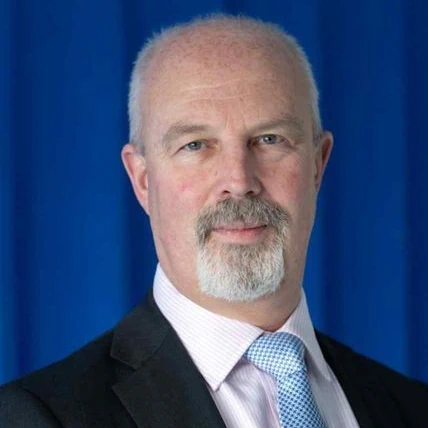
Mark Thursz is professor of hepatology in the Division of Digestive Diseases and Head of the Department of Metabolism, Digestion & Reproduction in the Faculty of Medicine at Imperial College London. He is chief investigator for the NUC-B trial (funded by NIHR-EME) and initiated the (Prevention of Liver Fibrosis and Cancer) PROLIFICA Programme for hepatitis patients in Sub-Saharan Africa. Prof Thursz was Secretary-General of the European Association for Study of the Liver 2011-13. He is currently Director of the Imperial College Biomedical Research Centre and Trust Research Director for Imperial College Healthcare NHS Trust
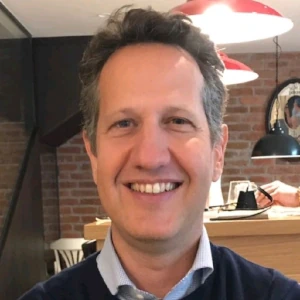
Prof Aghemo is full professor of Gastroenterology and director of the postgraduate residency program for digestive system diseases at Humanitas University. He is the Head of the Division of Hepatology and Internal Medicine at Humanitas Research Hospital. Prof Aghemo has served as a member of Scientific Committee of the European Association for the Study of the Liver and the United European Gastroenterology Association. He is the Co Editor in Chief of Liver International. He has published more than 280 papers in peer reviewed journals.
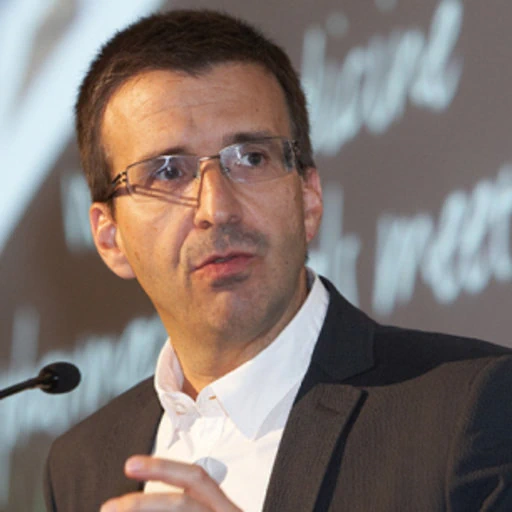
Senior Consultant in Liver Diseases at Hospital Clínic. More than 300 piblications in the field of Viral Hepatitis, with particular expertise in the mangement of patients with advanced liver disease and liver transplant recipients. Former member of the EASL GB and Secretary of the Spanish Liver Association.
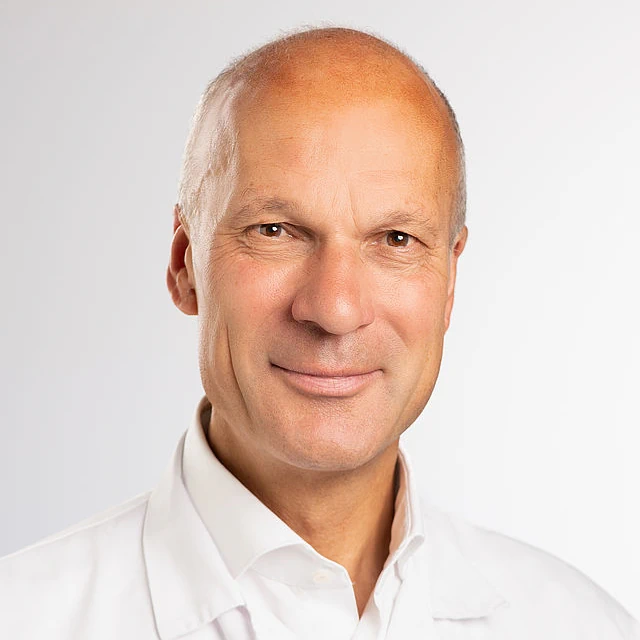
Darius Moradpour is a Professor of Medicine at the University of Lausanne and the Chief of the Service of Gastroenterology and Hepatology of Lausanne University Hospital (CHUV). His research interests include the molecular virology and pathogenesis of hepatitis C and E as well as clinical and translational studies in viral hepatitis and other liver diseases.
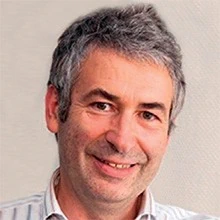
Jacques Izopet is Professor of Virology at Toulouse University and head of the Virology laboratory at Toulouse University Hospital. He is director of the National Reference Center for hepatitis E virus (HEV). He is deputy director of the Toulouse Institute for Infectious and Inflammatory Diseases (INFINITY) research Center of Toulouse – INSERM UMR1291 / CNRS UMR5051. He is also head of a research team in this center. This team is interested in viral persistence, host response and pathophysiology. His research is focussed on HIV tropism, HEV and more recently SARS-Cov-2, in immunocompetent and immunocompromised patients. He has published over 650 papers in international journals.
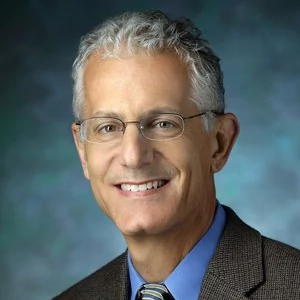
Dr. Thomas is the Stanhope Bayne-Jones Professor of Medicine and Former Director of Infectious Diseases at Johns Hopkins University. He has a longstanding research interest in viral hepatitis especially in persons co-infected with HIV and in socially disadvantaged populations.

Jessica Hicks is Director at the World Hepatitis Alliance. She has over 10 years’ experience working within the charity health sector, both within the UK and globally. Throughout her career she has focussed on working with organisations that support vulnerable populations and is on the advisory board of hepBcommunity.org, a forum for people living with hepatitis B. Jessica has expertise in developing and delivering community led programmes at global, regional and local levels and global advocacy campaigns.
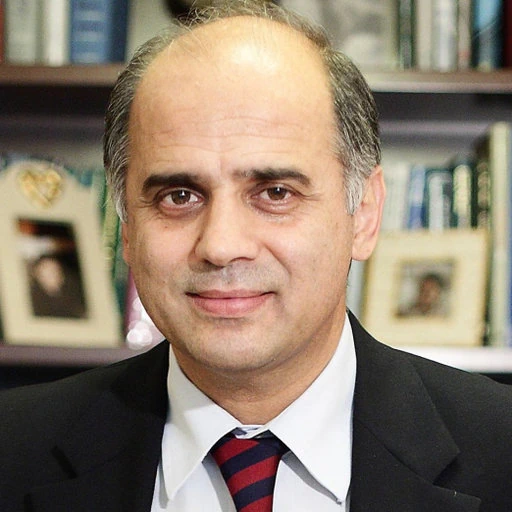
George Papatheodoridis is Professor in Medicine and Gastroenterology of the Medical School of National and Kapodistrian University of Athens and Director of Gastroenterology Department of “Laiko” General Hospital of Athens, Greece. He is also President of the Hellenic Transplant Organization. He was member of EASL Scientific Committee/Governing Board (2010-2013) and co-ordinator (2011-2012) and member (2016-2017) of EASL HBV Guidelines. He is a member of the EASL HDV Guidelines (2022). He has (co-)authored >400 PubMed papers having total IF >3000 and >25000/35000 citations (h-index:67/86) in Scopus/Google Scholar.

Harry L.A. Janssen graduated from medical school in Nijmegen, Netherlands. During his study he spent one year as research fellow in Hepatology at the Mayo Clinic. He obtained his PhD at the Erasmus University in Rotterdam on the role of immune modulating therapy in chronic hepatitis B. Following his training in Internal Medicine in Leiden and Gastroenterology at the Erasmus University in Rotterdam, he returned to the Mayo Clinic for a Research Fellowship in Hepatology at the Center of Basic Research in Digestive Diseases. In 2001 he became a faculty member and in 2006 he was appointed as full Professor of Hepatology at the Erasmus University and Chief of the Section Liver Diseases and Transplantation at the Erasmus MC in Rotterdam. After a successful career in Rotterdam, he moved in 2013 to Toronto to become Chief of Hepatology at University Health Network and Professor of Medicine at the University of Toronto, where he also held the Francis Family Chair in Hepatology. In 2016 he merged all three Toronto Liver Programs into the Toronto Centre for Liver Disease to become the biggest liver program in North America, based at Toronto General Hospital. In 2022 dr. Janssen returned as a Professor of Medicine to the Erasmus MC in Rotterdam, Netherlands.
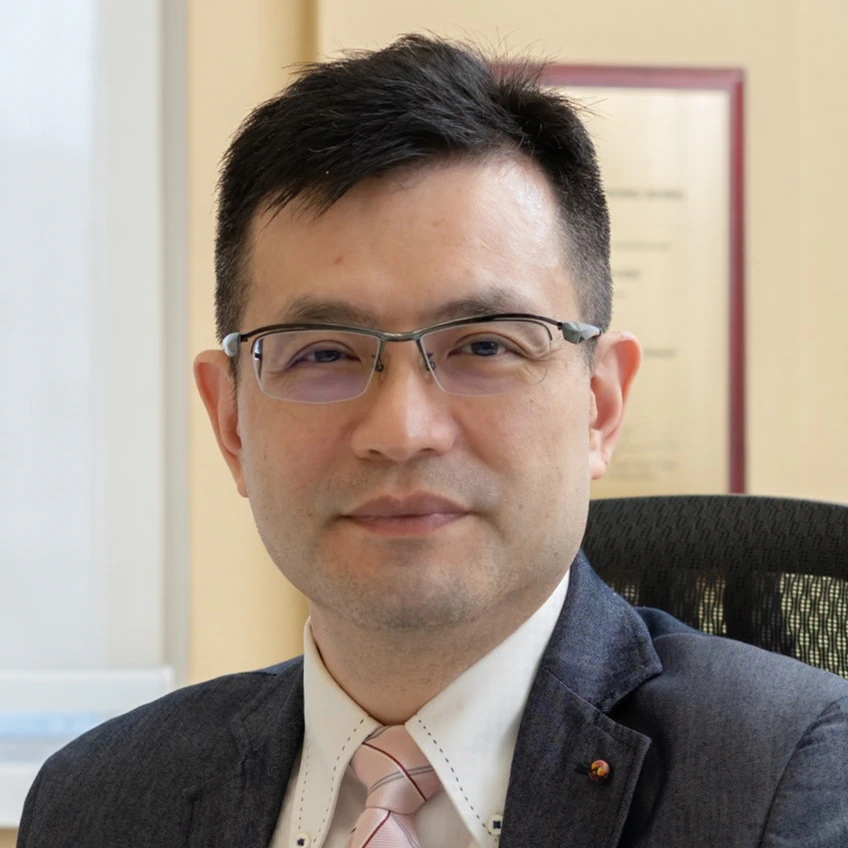
Professor Yuen is now the Chair and Chief of the Division of Gastroenterology and Hepatology in the University of Hong Kong. He obtained his first bachelor degree of medicine in 1992. He further pursued his academic excellence through the achievement of obtaining 3 doctoral degrees including Doctor of Medicine with Sir Patrick Manson Gold Medal in 2001, Doctor of Philosophy in 2005 and Doctor of Science in 2017. Professor Yuen’s research interests include prevention, natural history, serology, virology and treatment of chronic hepatitis B and C, and hepatocellular carcinoma. He is one of the top internationally renowned researchers in the field of hepatitis B disease. He has now published more than 520 papers in world renowned medical journals including New England Journal of Medicine, Lancet, Nature Medicine, Lancet Infectious Diseases, Lancet Oncology. As a world-class clinician scientist, Professor Yuen is now leading most of the international trials examining new drugs including antiviral and immunomodulatory agents for the treatment of chronic hepatitis B. He is also actively performing cutting edge research on novel markers for hepatitis B infection and occult hepatitis B infection. With all these international academic and professional achievements, Professor Yuen is an invited member serving as key opinion leader for several international coalition committees on hepatitis B disease.
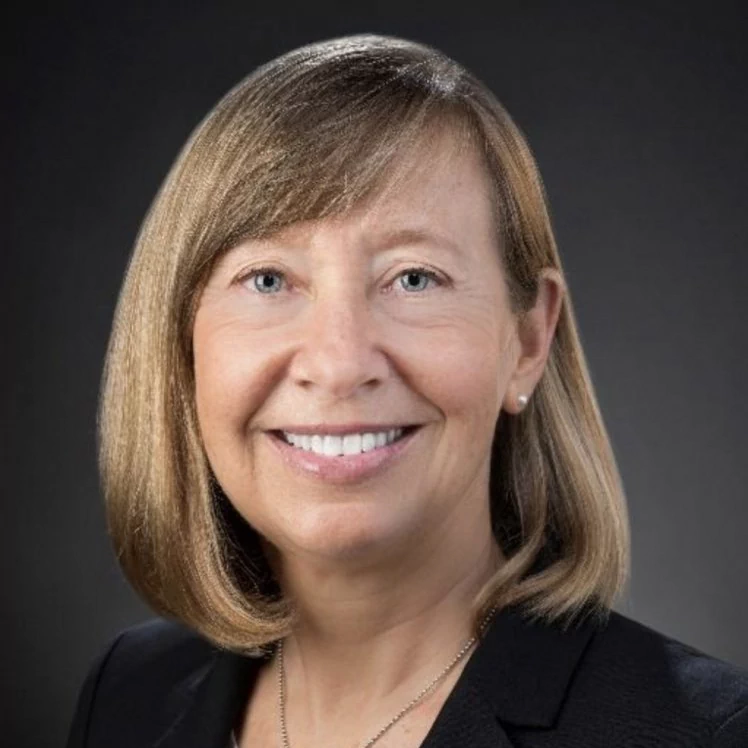
Carolyn Wester, MD, MPH, serves as the Director of the Division of Viral Hepatitis in the National Center for HIV, Viral Hepatitis, STD, and TB Prevention (NCHHSTP) within the U.S. Centers for Disease Control and Prevention. In this role, she oversees the design and implementation of national programs for viral hepatitis prevention, control, surveillance and outbreak response. Prior to this role, Dr. Wester held positions as the Medical Director for HIV, STDs, and Viral Hepatitis at the Tennessee Department of Health, a Research Associate at the Harvard T.H. Chan School of Public Health, and the Director of Urogynecology and Pelvic Reconstructive Surgery section at Cook County Hospital in Chicago. Dr. Wester received her Medical Degree from Dartmouth Geisel School of Medicine and a Master of Public Health from Harvard’s T.H. Chan School of Public Health.
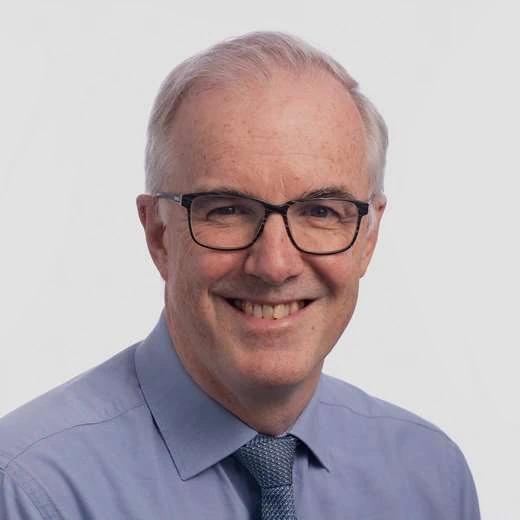
Prof John Dillon is Professor of Hepatology and Gastroenterology in the Division of Molecular and Clinical Medicine, School of Medicine, University of Dundee. He is also an Honorary Consultant with NHS Tayside, leading a busy general hepatology service. He is Vice President for Hepatology of the British Society of Gastroenterology and past President of the Scottish Society of Gastroenterology. He graduated in medicine from St Georges Hospital Medical School, University of London.
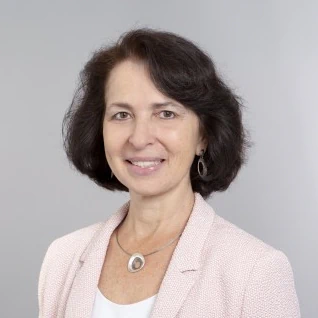
Maura Dandri is full Professor at the University Medical Center Hamburg-Eppendorf (UKE), in Germany, where she leads the Research Group Viral Hepatitis. She received her PhD in Microbiology & Immunology at the University of Trieste, Italy. She had a Postdoctoral training at Albert Einstein College of Medicine, New York. Since 2009 she leads the Research Group Viral Hepatitis at UKE in Hamburg. She is member of the Executive Board of the German Center for Infection Research (DZIF) and of the Governing Board of the International Coalition to Eliminate HBV (ICE-HBV). Her research interest mainly focuses on investigating virus-host interplay and the potential of novel therapeutic strategies, in particular against HBV and HDV using humanized mice and patient biopsy samples.
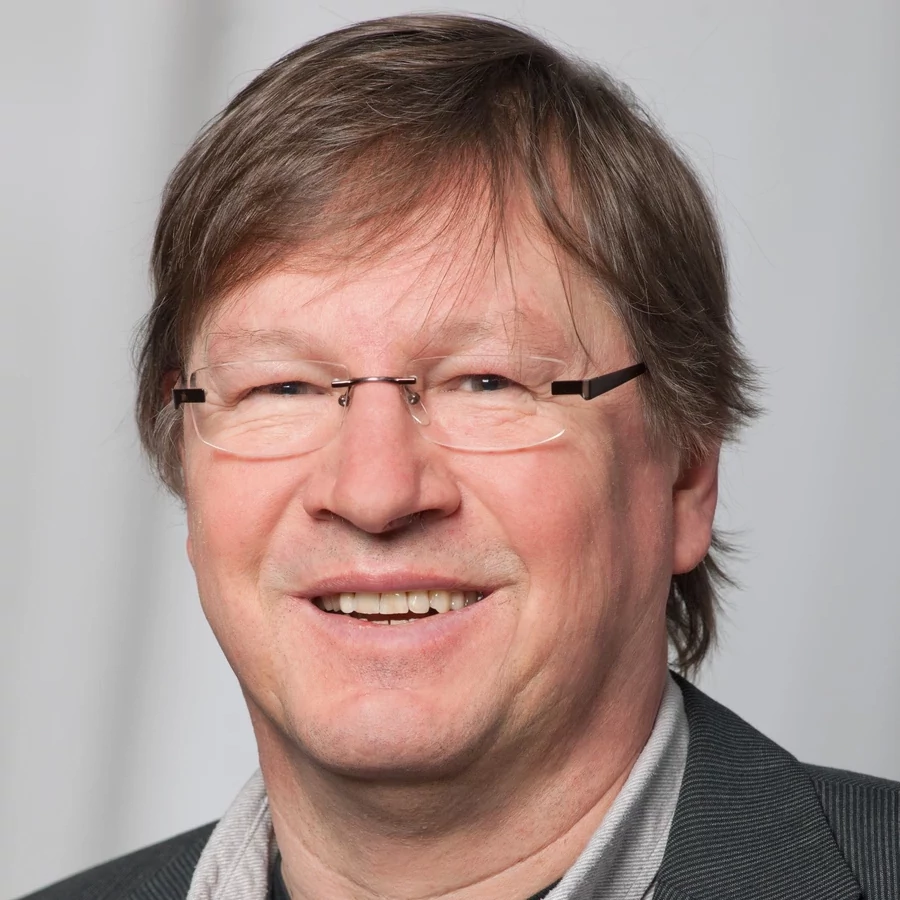
Professor Stephan Urban is head of the Translational Virology unit at the Department of Infectious Diseases, Molecular Virology at Heidelberg University Hospital. Between 2008 and 2012 he was Project coordinator of the BMBF-network “Innovative Therapies” and is now coordinating the Hepatitis D project within the DZIF TTU Hepatitis. He completed a Diploma in Biochemistry at the University of Tübingen in 1991 and was awarded a Ph.D. in 1995 under Prof. Dr. P.H. Hofschneider Max-Planck-Institut für Biochemie, Martinsried. He undertook Postdoctoral research at the Centre for Molecular Biology (ZMBH), Heidelberg University with Prof. Dr. H. Schaller. Following his PostDoc he became an independent group leader position, funded by the CHS Foundation. Professor Urban’s research interests include Molecular mechanisms of Hepatitis B- and Hepatitis D Virus/host interactions with a focus on the early and late events of viral infection; Identification of hepadnaviral receptors and structural analyses of virus receptor interactions; Development of novel cell culture systems and animal models for HBV and HDV; Development of bulevirtide/ Hepcludex; Development of hepatotropic drugs for the therapy of liver diseases; Innate Immune response on HBV and HDV viruses. Professor Urban has published in numerous peer reviewed journals on Hepatitis B, C and D. He is the recipient of the Pettenkofer Price of the Pettenkofer Foundation. He was awarded with the 1. DZIF Research Award (2014), the Distinguished Award in Hepatitis B Research (in 2021) and the Wolfgang-Gerok-Preis (in 2022).

Barbara Testoni is a PI in the “Viral Hepatitis” team at CRCL – INSERM U1052 in Lyon. Her research interests mainly include the investigation of the epigenetic mechanisms at the basis of host and viral gene regulation during HBV infection, with particular focus on the transcriptional regulation of the HBV minichromosome. She is also involved in translational studies, to the aim of understanding the relationships between HBV persistence and intrahepatic innate immunity perturbations and to characterizing new serum biomarkers for intrahepatic cccDNA activity. She is an active member of the International Coalition to Eliminate HBV (ICE-HBV) and member of the Emerging Scientific and Medical Advisory Board (eSMAB) of the Hepatitis B Foundation.
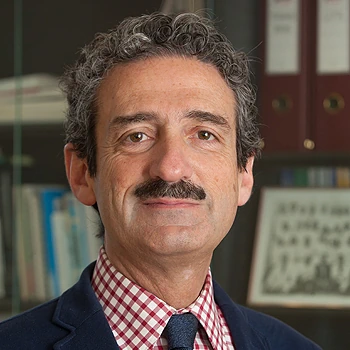
Prof. Bruno Sangro is Director of the Liver Unit and Co-Director of the HPB Oncology Area at Clínica Universidad de Navarra in Pamplona, Spain. He is also Professor of Internal Medicine and leads an active research group in the Spanish Network for Biomedical Research on Hepatic and Digestive Diseases (CIBEREHD), focused on therapeutic innovation in the field of liver cancer.
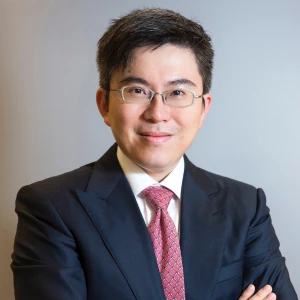
Dr. Chan is currently the Professor at the Department of Clinical Oncology of the Chinese University of Hong Kong. His main interest of research is clinical and translational studies on hepatobiliary cancers. Internationally, he is serving as the Associate Editor for the Journal of Hepatology, and the chairman of the education committee of the International Liver Cancer Association (ILCA). Prof. Chan has published over 200 peer-reviewed papers, with young investigator award and gold medal dissertation award by the Hong Kong College of Physician.
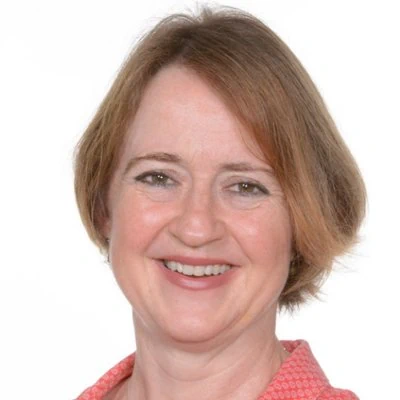
Ellie Barnes is Professor of Hepatology and Experimental Medicine, University of Oxford. She has a long-standing interest in hepatotrophic viruses, viral pathogenesis, immunology and vaccine development. She leads early human experimental medicine studies with the aims of developing a prophylactic HCV vaccine, including 2nd generation HCV vaccines based on conserved viral genomes, and constructs that encode genetic adjuvants with the potential for wide applicability in cancer and infectious disease. She is developing a program in HBV using simian adenoviral vectored vaccines with check point inhibitors for HBV immunotherapy (now in phase II efficacy testing).
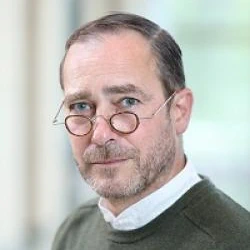
Daniel Douek is a Senior Investigator and Chief of the Human Immunology Section at the Vaccine Research Center of the National Institute of Allergy and Infectious Diseases, National Institutes of Health. He is also Chief of the Genome Analysis Core and Director of the PREMISE pandemic preparedness program. He also holds the position of Adjunct Professor at the Department of Pathology of the University of Pennsylvania. Dr. Douek studied medicine at the Universities of Oxford and London receiving academic scholarships from both institutions, and earning his MD in 1990. Dr. Douek studies the processes that determine the course of human infectious diseases in which the immune system plays a central role in their pathogenesis and outcome. These include HIV, SARS-CoV-2 and other diseases of pandemic potential.
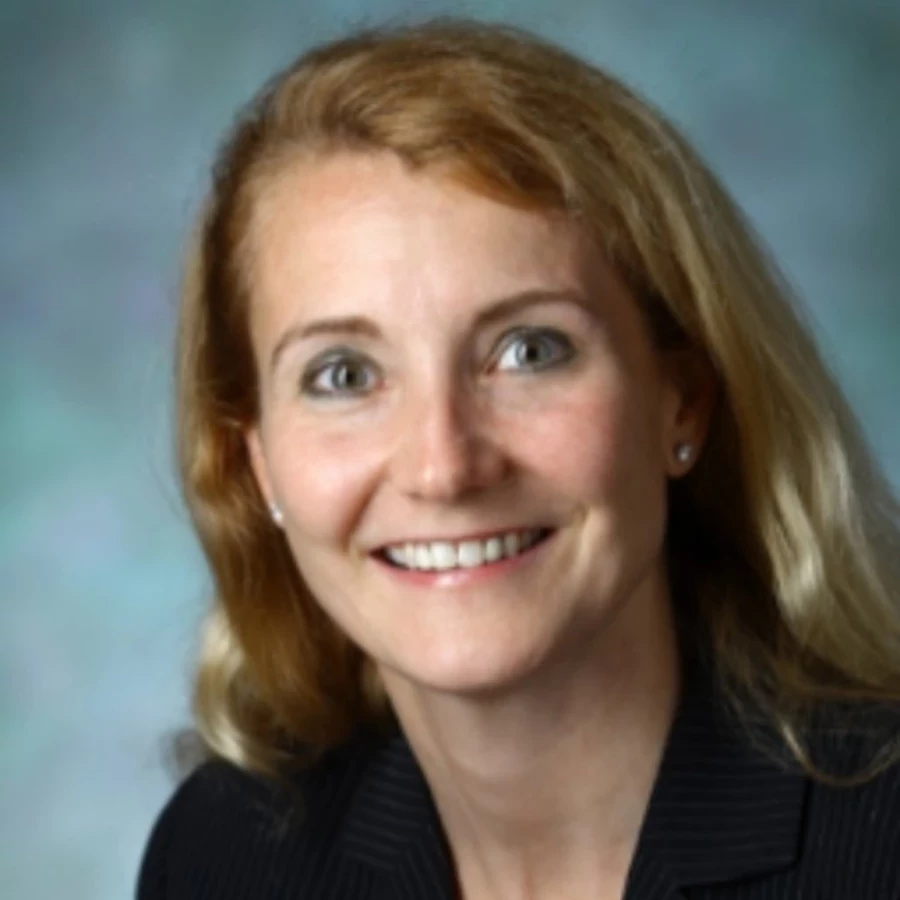
Dr. Cox’s laboratory investigates human immune responses to HCV, HBV, SARS-CoV-2, and HIV, including mechanisms through which these infections stimulate and evade immune responses, and in HCV vaccine development. She is also the co-director of the Johns Hopkins SARS-CoV-2 Pathogenesis and Immunity Center. As a member of the Viral Hepatitis Center in the Division of Infectious Diseases, she specializes in the treatment of patients with viruses including hepatitis virus infections and HIV. She was the principal investigator on the first prophylactic HCV vaccine trial ever implemented in an at-risk population, and is the lead immunologist on an ACTG trial of HBV vaccines in people living with HIV.
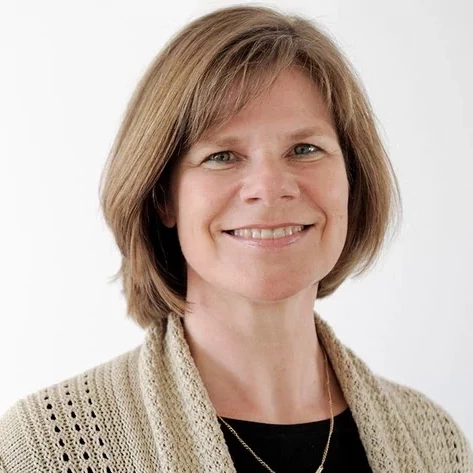
Ulrike Protzer is an expert virologist with many years of research in molecular virology, virus-host interaction and immunology. Ulrike studied medicine in Germany, South Africa and Switzerland. She has a strong background in infectious diseases, hepatology and medical virology obtained during her clinical training, and has passed board exams in Internal Medicine as well as in Microbiology and Virology. Since 2007, Ulrike Protzer is director of the Institutes of Virology at Helmholtz Munich and at the Technical University of Munich (TUM) and holds the Chair of Virology. Focusing on the promotion of young scientists, she serves as vice dean of the School of Medicine. 2011-2018 she was member of the founding executive board of the German Center for Infection Research. Currently, she is leading several national and international research consortia and serves in numerous advisory and supervisory boards. Her scientific efforts focus on understanding the interaction between viruses and their human hosts and on translating this knowledge into novel therapeutic approaches. Hereby, she focusses on the hepatitis B virus killing >880.000 humans every year and most recently on the new SARS-Coronavirus. Her group is exploiting vaccines and immune therapies to reconstitute HBV-specific immunity and finally cure HBV, and performs a number of clinical studies on the effect of SARS-CoV-2 infection and COVID-19 vaccines.
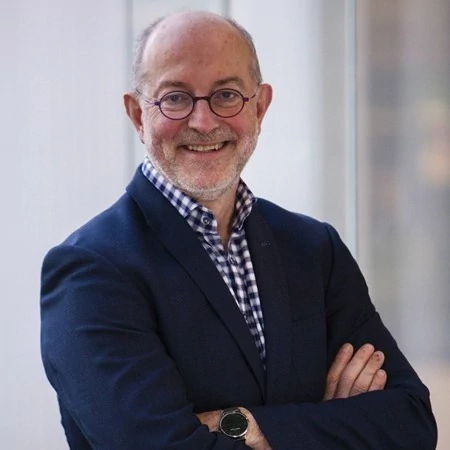
Pierre Van Damme is heading the Centre for the Evaluation of Vaccination at the University of Antwerps since more than 30 years. He is full professor in vaccinology and infectious disease epoidemiology sinde more than 20 years. Pierre Van Damme became the executive secretary of the Viral Hepatitis Prevention Board in 1994 and is the chair of the WHO EURO hepatitis B working group since a few years. He is member of the Belgian NITAG, and advisor to national and international health orgnaizations.
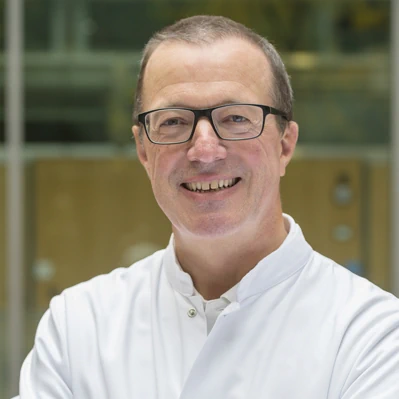
Herbert Tilg is Head of Department of Gastroenterology, Hepatology & Endocrinology at Medical University Innsbruck, Austria. He did his research fellowship at Tufts University with Charles Dinarello. His research focus is inflammation and cytokine research in gastrointestinal disorders. He served as member of Governing Board of ECCO, EASL and UEG. He has been Chairman of the Scientific Committee of UEG.
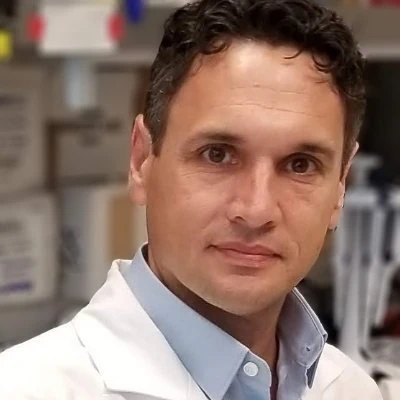
Dr. Gehring is the Biology Lead at the Toronto Center for Liver Disease and Assistant Professor in the Department of Immunology at the University of Toronto. He runs a translational, human HBV immunology research lab focused on liver pathogenesis and sex-based differences in disease progression. His primary interest lies in defining the mechanisms driving liver inflammation during HBV-related flares using functional and transcriptomic approaches in liver biopsies. His centre runs an immune monitoring core to process and analyze immune responses in Phase 1/2 clinical studies for novel therapeutic agents targeting HBV.
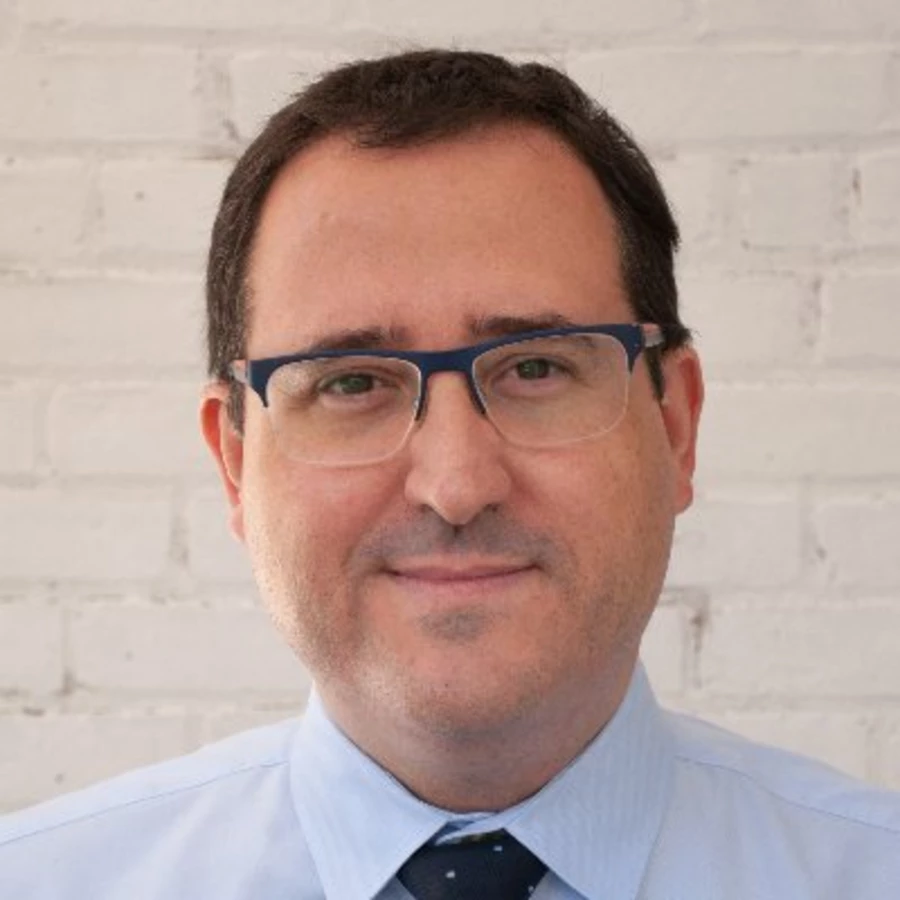
Augusto Villanueva is Associate Professor in Icahn School of Medicine at Mount Sinai, New York. He received his medical degree from the University of Santiago de Compostela (Spain). Prior to his current position, he was Senior Lecturer and Consultant Hepatologist at the Institute of Liver Studies at King’s College Hospital (London) where he led Research and Development. He currently combines clinical activity as a hepatologist with research focused on understanding the role of intratumor heterogeneity in cancer evolution, and the development of novel minimally invasive biomarkers using liquid biopsy. He has more than 145 publications (Scopus >20,000 citations, H-index 62) including articles in N Engl J Med, Nat Genet, Nat Biotech, Nat Commun, Gastroenterology, Hepatology, J Hepatol, Gut, J Clin Invest, Oncogene, etc. He wrote more than 15 book chapters and edited a book on resistance to targeted therapies in HCC. He served as Associate Editor for J Hepatol and Liver Cancer and he is the Executive Secretary of the International Liver Cancer Association.
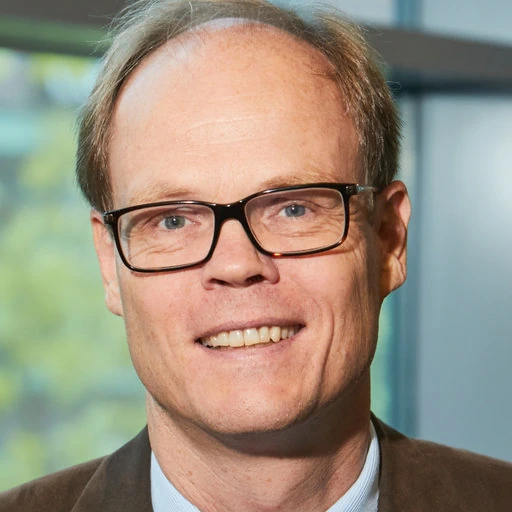
Dr. Greten is a physician-scientist who uses his medical expertise in Gastroenterology, Hepatology and Medical Oncology along with his research expertise in tumor immunology to develop novel treatments for patients with cancer. He heads a research team to study the tumor microenvironment in the liver in the context of Hepatocellular Carcinoma, Cholangiocarcinoma, and liver metastasis. He also studies how exogenous factors such as diet and the gut microbiome may affect immune responses in the liver. He conducts clinical trials in patients with GI cancers and is co-director of the NCI CCR Liver Cancer Program
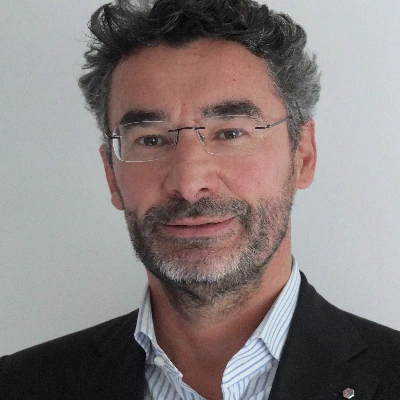
Laurent is Professor of Medicine at the University of Paris (Department of Hepatology, Beaujon University hospital, Assistance Publique – Hôpitaux de Paris, Clichy, France). His research interests focus on non-invasive methods for liver fibrosis assessment and epidemiology and treatment of nonalcoholic fatty liver disease. He has been the chairman of the first international EASL-ALEH guidelines on the use of non-invasive tests published in 2015. He has served as Secretary General for EASL from 2015 to 2017. He currently serves as Associate Editor for Clinical Gastroenterology and Hepatology journal.
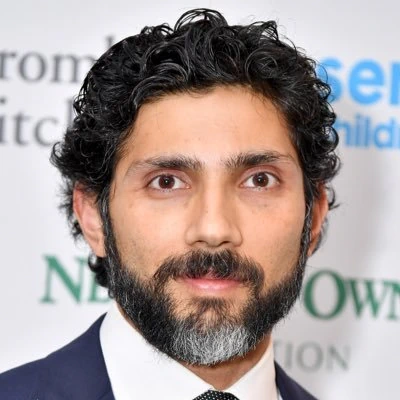
Sunil Suhas Solomon, MBBS PhD MPH is an Associate Professor of Medicine and Epidemiology in the Division of Infectious Diseases at the Johns Hopkins University School of Medicine. He completed his medical training at the Sri Ramachandra Medical University in Chennai, India and received a Masters in Public Health and a doctorate in Epidemiology (PhD) from the Johns Hopkins University, USA. Dr. Solomon has been elected into the Phi Beta Kappa and the Delta Omega honors societies. His research is primarily focused on the epidemiology, clinical management and access to care for HIV and viral hepatitis among vulnerable populations including people who inject drugs and men who sex with men. He has been working with PWID in India since 2004 and has over 140 original peer-reviewed publications in several high-ranked journals.
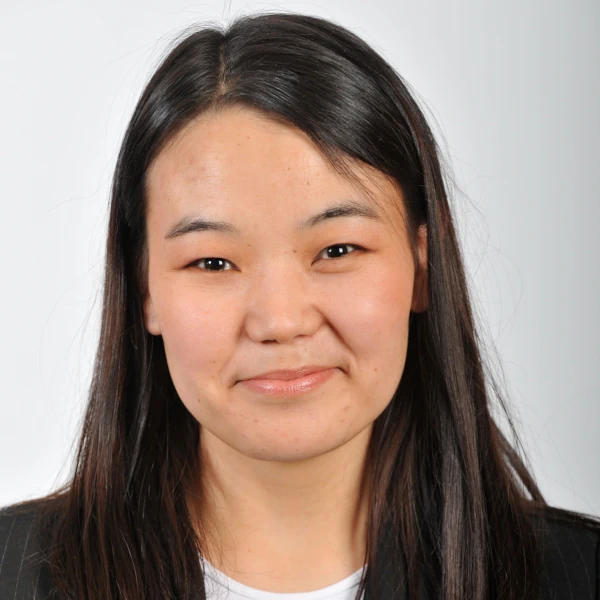
Dr. Naranjargal Dashdorj is Head of Liver Center and Onom Foundation in Mongolia. As the head of these organisations Nara has the challenging but exciting job to contribute in reducing liver disease disease burden in Mongolia. With her leadership, Onom Foundation initiated and playing a key role in shaping the Hepatitis Prevention, Control and Elimination Program of Mongolia (HPCE program). Nara holds a Degree in Medicine from Peking University Health Science Center, Beijing, China, and a Ph.D. from Nottingham University, Nottingham, United Kingdom.
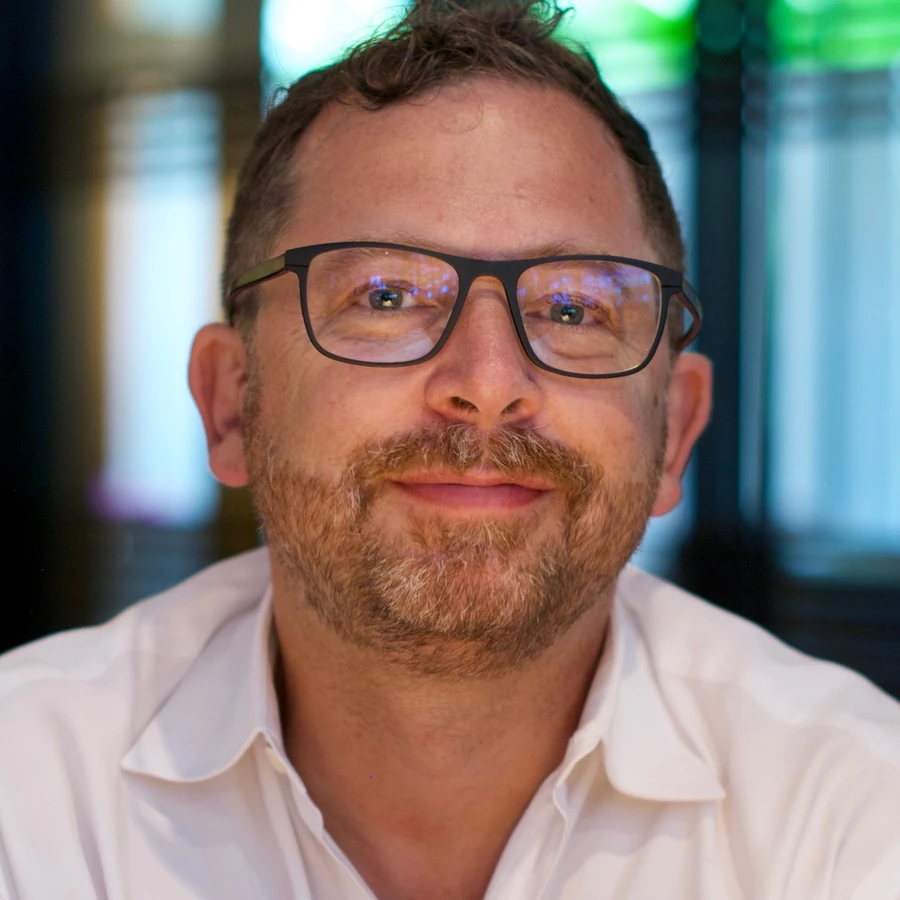
Georg Lauer studied medicine in Tübingen, Hamburg, and Bochum, Germany. After clinical training, he moved to Boston for a fellowship in HCV T-cell immunology under Bruce Walker. His own lab is also located at MGH and HMS and he continues to study antigen-specific T cells in human infections in different acute and chronic infectious diseases. His scientific interests include HBV infection, specifically the direct ex vivo analysis of HBV-specific CD4 and CD8 T-cells from liver and blood in order to elucidate the characteristics of protective responses associated with functional cure.
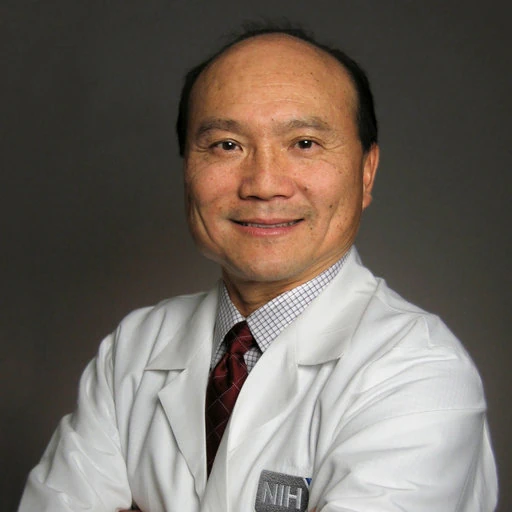
Dr. Liang is currently the Chief of Liver Diseases Branch and Deputy Director of Translational Research, NIDDK, and NIH Distinguished Investigator. He has published extensively on viral hepatitis and liver diseases, and has served as Associate Editor for pre-eminent GI journals. His outstanding contributions have been recognized with numerous awards. He is an elected member of the US National Academy of Medicine.
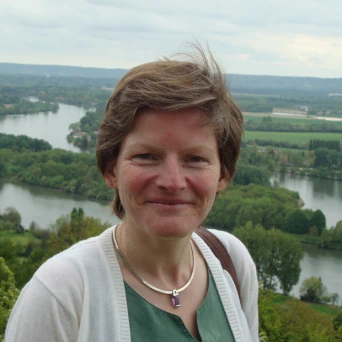
I am a paediatrician trained in the most beautiful city in the world (Paris !). I traveled afterwards to Montreal, Canada, for a fellowship in Paediatric Gastroenterology, Hepatology and Nutrition, to discover the New World, the mysteries of my new speciality, and a glimpse of Science (they gave me a Master of…). Back in Paris, I established the unit of paediatric hepatology and liver transplantation in Necker-Enfants malades in 1992, where I have since been working with pleasure and multiple collaborations. I also am responsible for intestinal transplantation. I sat on the Council of ESPGHAN (European Society for Paediatric Gastroenterology, Hepatology and Nutrition) and ITA (Intestinal Transplant Association), and am currently chairperson of the Young Investigator Forum (YIF) of ESPGHAN.
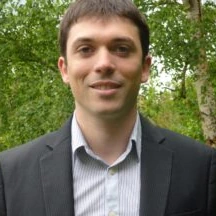
Christophe Rodriguez is professor in virology at University of Paris-Est-Creteil (France), works in the department of microbiology and in the French national reference center for hepatitis B, C delta. He is head of the Medical Reference Laboratory for metagenomics and head of NGS laboratory. Specialized in viral adaptation, he developed NGS diagnostic test and software for documentation of infection and prediction of outcome of patients (more than 10 patent). The NGS technology developed is currently used in diagnostic routine, accredited for bacterial, fungal, parasitic and viral pathogens according to the standard 15189 and used for more than 1500 diagnostic per year to explore complex infectious diseases. Its activity is now focused on the diagnostic of new pathogens, pathogens of undiagnosed diseases or complex cases of resistance and use of transcriptomic data in complement to Shotgun Metagenomic. He is the author of more than 100 publications.
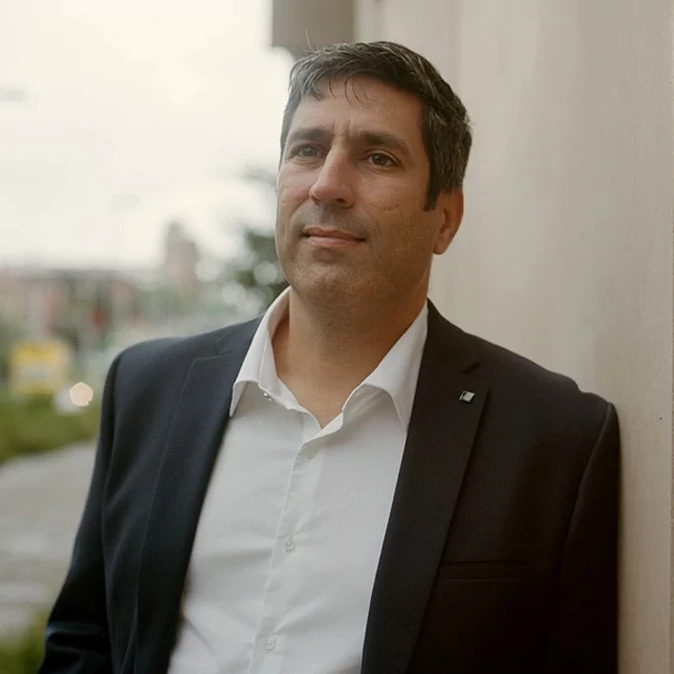
Jason Grebely is a Professor and Head of the Hepatitis C and Drug Use Research Group at the Kirby Institute, UNSW Sydney.
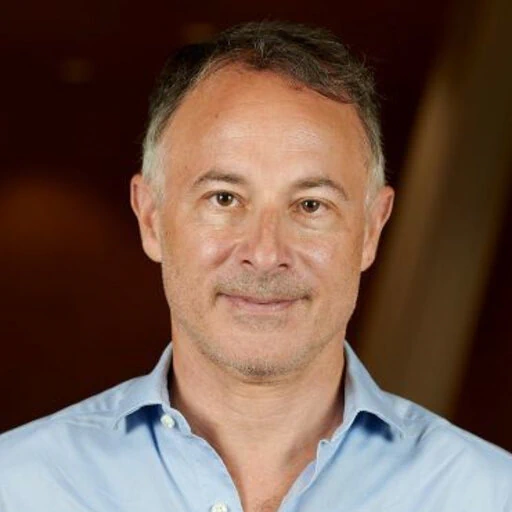
Prof Jeffrey V. Lazarus (PhD, MIH, MA) is the head of the Health Systems Research Group at ISGlobal and Associate Professor at the University of Barcelona as well as a senior scholar at the CUNY Graduate School of Public Health and Health Policy. He is well known for his work on people-centred health systems and for launching the micro-elimination approach in hepatitis C elimination efforts. He currently serves as co-chair of the HIV Outcomes Beyond Viral Suppression coalition, a member of the board of directors of the SHARE Global Health Foundation and as a member of the EASL Public Health and Policy Committee and the Global NASH Council and is part of the ICE-HBV, ACHIEVE (in Europe) and AEHVE (in Spain) viral hepatitis elimination coalitions as well as the technical advisory group of Coalition for Global Hepatitis Elimination.
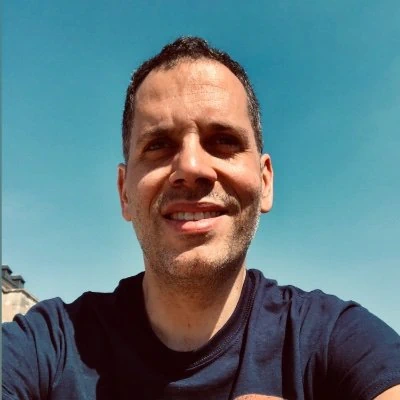
Pr Slim Fourati, MD, PhD, is a Professor in Clinical Virology and university lecturer at the Henri Mondor Hospital, Paris-Est University and INSERM U955 in Créteil, France. His research focus on HCV drug resistance and on respiratory viruses. He is currently leading the French National Hepatitis antiviral resistance group within the National Agency for Research on AIDS and Viral Hepatitis (ANRS).
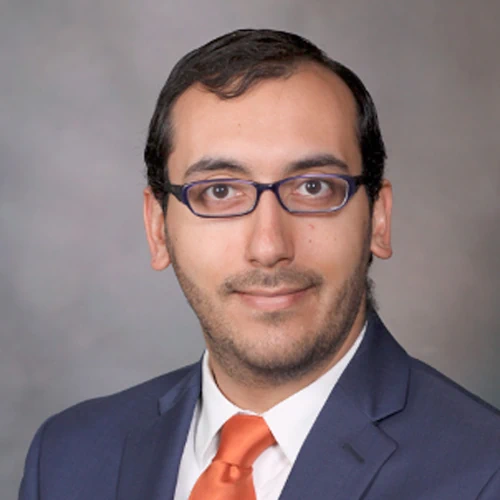
Dr. Arab is Associate Professor of Medicine at the Division of Gastroenterology, Department of Medicine, and the Department of Epidemiology and Biostatistics at Schulich School of Medicine, Western University, London, Ontario, Canada. Trained at the Pontificia Universidad Catolica, Chile and Mayo Clinic, Rochester, MN, USA. He has published more than 150 peer-reviewed papers, co-authored several book chapters and delivered lectures on liver-related topics at national and international meetings. He is an Associate Editor for Hepatology (flagship AASLD journal) and Social Media Editor. Dr. Arab is member of the AASLD Global Outreach and Engagement Committee. He is currently the Vice-Chair of the Special Interest Group on alcohol-associated liver disease of the AASLD.
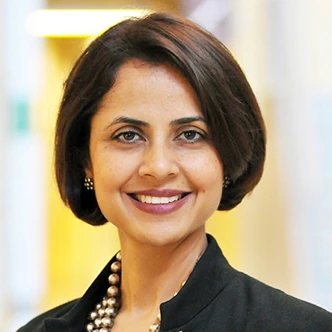
Dr. Fasiha Kanwal is a Professor of Medicine and Chief of Gastroenterology and Hepatology at Baylor College of Medicine. She is a nationally recognized authority in health services research and epidemiology of cirrhosis and hepatocellular cancer (HCC). Currently, she is leading a translational research center for the National Cancer Institute Consortium on Translational Research in Early Detection of Liver Cancer (TLC, U01). She also serves as co-PI for the Texas HCC Consortium (THCCC) and as one of the co-Directors for the Texas Collaborative Center for HCC (TeCH). She is also the Director for NIH T32 funded GI fellowship program at Baylor College of Medicine.

Professor of Hepatogastroenterology & Infectious Diseases, Past Vice President of Cairo University, Egypt, Egyptian Nile Award in Science 2016, State Merit Award in Medical Science 2010, WHO STAC Member and Past President of International Association for Study of Liver Diseases
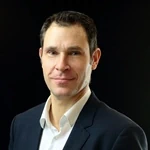
Stéphane Chevaliez is Professor of Medicine at the University of Paris-Est in Paris. He is also Director of the National Reference Center for Viral Hepatitis B, C and delta, a medical virologist in the department of Virology, and a member of INSERM Unit U955. Professor Chevaliez earned his pharmacy degree and PhD in virology at the University of Paris-Saclay and at the Pasteur Institute in Paris. Subsequently, he completed a postdoctoral fellowship in the Department of Gastroenterology and Hepatology at Massachusetts General Hospital, Boston, USA. Professor Chevaliez’s research interests include the diagnosis and virological monitoring of chronic viral hepatitis, and the development of novel therapeutic treatments. More recently he has focused on the molecular mechanisms underlying the success and failure (including viral resistance) of HBV, HCV and HDV treatment, as well as the development of alternative approaches to venous puncture for screening and diagnosis of viral hepatitis. Professor Chevaliez is the President of the Concerted Action 43 of the French National Agency for Research on AIDS and viral Hepatitis (ANRS-MIE).
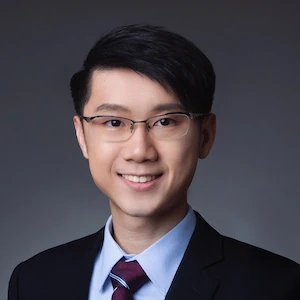
Terry Yip is an Assistant Professor in the Department of Medicine and Therapeutics at The Chinese University of Hong Kong. Terry’s research interest is big data approaches and risk prediction in patients with chronic liver diseases. He is an Associate Editor of Journal of Hepatology, and Frontiers in Gastroenterology Hepatology; and an Editorial Board member of Clinical Gastroenterology and Hepatology (CGH), Alimentary Pharmacology & Therapeutics (AP&T), Hepatology Communications, and Hepatoma Research. He has over 120 publications in peer-reviewed journals.
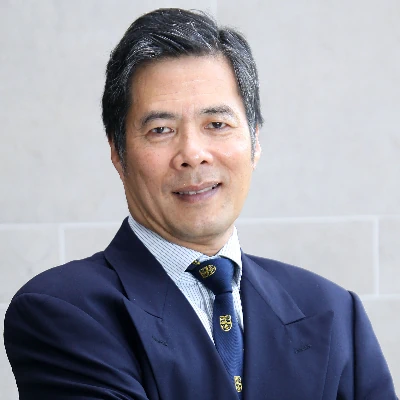
My main interest is in translational research in viral hepatitis, involving molecular biology and immunology of hepatitis B, new therapeutics and leads HBV Cure program in Singapore. He has published >274 peer review papers and has received >USD 35M in funding. He is on multiple editorial boards and advisory boards
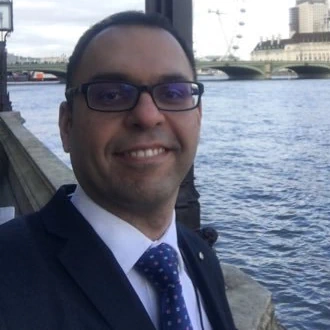
Ahmed Elsharkawy has been a Consultant Hepatologist since 2012. He has a specialist interest in viral hepatitis especially its elimination, liver transplantation, liver fibrosis, sarcopaenia, polycystic liver disease and ACLF. He is the clinical lead of the BASL Specialist Interest Group in Hepatitis B as well as being the Internal Affairs Councillor on the EASL Governing Board. He is also the EASL Social Media Advisor.
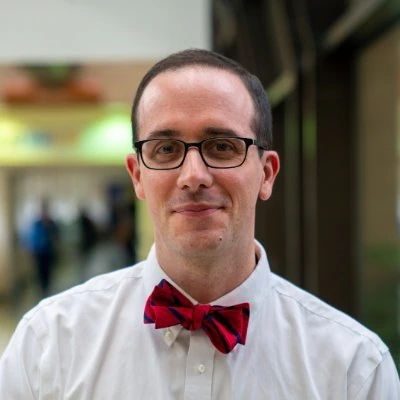
Elliot B. Tapper MD is an Associate Professor in the Division of Gastroenterology and Hepatology where he directs the Michigan Cirrhosis Program. His research, funded by NIH, PCORI, and Industry focuses on improving quality of life for people with cirrhosis. He founded the online community called #LiverTwitter and is Editor-in-Chief of Hepatology Communications
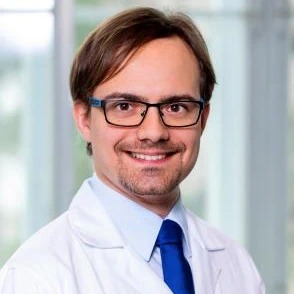
Member of the EASL-Young Investigator Task Force Junior Professor at the Medical University of Vienna Research focus: Translational aspects of end stage liver disease and portal hypertension
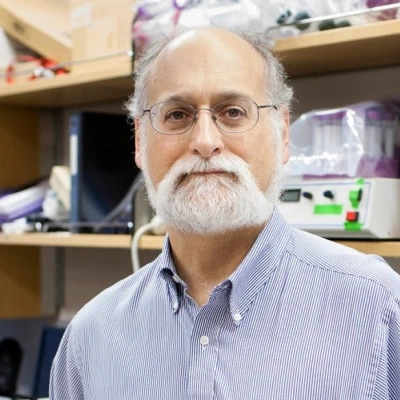
Adam Zlotnick is a Professor of Molecular and Cellular Biochemistry at Indiana University. He earned his PhD at Purdue University and was a post-doc at the NIH.A broad goal of his research is to relate the structure of virus capsid proteins to their self-assembly, with a focus on the core protein of Hepatitis B Virus. The opening line of his lab web site reads: “We take viruses apart. We put them back together. We make them make mistakes.” To translate his research into therapeutics he co-founded Assembly Biosciences (2012) in and Door Pharmaceuticals (2018). Dr. Zlotnick is also a fellow of the American Academy of Microbiology and of the American Association for the Advancement of Science.
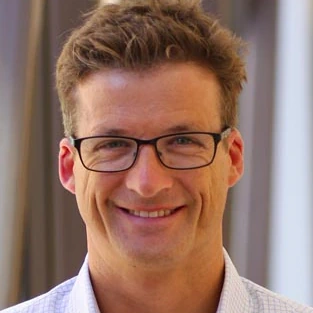
Alexander Thompson is a Director of the Department of Gastroenterology at St Vincent’s Hospital and the University of Melbourne, Australia, NHMRC Practitioner Fellow and Adjunct Assistant Professor of the Department of Gastroenterology, Duke University Medical Center. Professor Thompson is the lead hepatologist for the Statewide Prison Hepatitis Service in Victoria, Australia. He is a current board member of the Gastroenterology Society of Australia, and former executive council member of the Asia Pacific Association for the Study of the Liver. His research focusses on improving outcomes for people living with viral hepatitis. He was involved in the discovery of IL28B polymorphism as a predictor of treatment outcome in HCV, and is an active clinical investigator for trials evaluating the efficacy of novel antiviral DAA regimens. With the development of DAA therapy for HCV, he has more recently been actively pursuing the development and evaluation of new models of care for people with HCV, with a focus on prisoners and treatment as prevention to eliminate transmission and reduce prevalence of HCV in Australia. Professor Thompson has published widely in journals including Nature, New England Journal of Medicine, Journal of the American Medical Association, Gastroenterology, Hepatology, Gut and Journal of Hepatology.
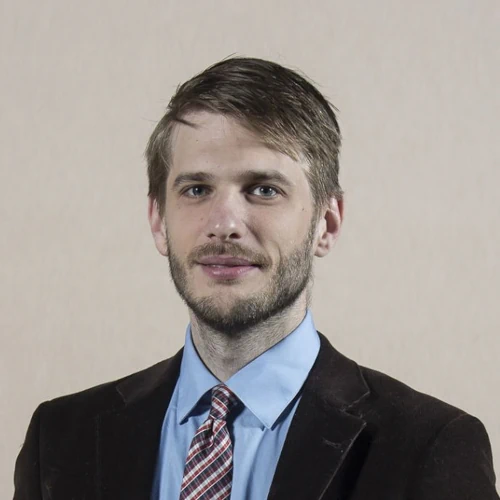
Anders received his PhD at the Université Pierre et Marie Curie in Epidemiology and Biostatistics. His research has focused on statistical applications towards numerous disease etiologies, including HIV, sexually transmitted infections, infectious disease prevention and psychosocial health. His work in viral hepatitis, in particular, has revolved around longitudinal models to study liver fibrosis progression and functional cure in individuals with HIV and HBV. Anders continues to work on larger monitoring databases for individuals with chronic viral infections.
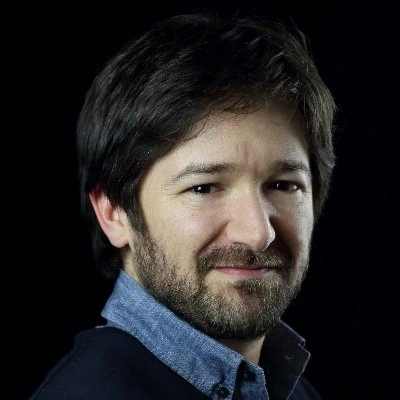
Pr Julien Calderaro is Full Professor in the Department of Pathology of Henri Mondor University Hospital in Créteil, France. He is specialized in the field of liver diseases and tumors diagnosis. His works noticeably led to the establishment of a refined morphomolecular classification of liver cancer. He now focuses his research on the immune micro-environment of liver cancers and develops innovative, artificial-intelligence based approaches to extract meaningful prognostic and molecular data from digital histological slides.
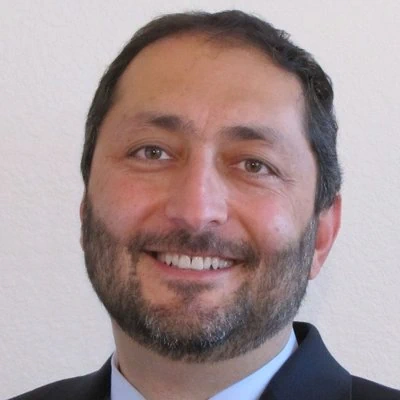
Dr. Homie Razavi is the Managing Director and founder of the CDA Foundation, a non-profit organization dedicated to hepatitis elimination. He is also a fellow in the Society of Decision Professionals and has 25 years of decision analysis experience in healthcare, pharmaceuticals, and agriculture. In the last 10 years, he has focused his efforts on supporting public health decisions related to viral hepatitis elimination. He and his team collaborate with over 100 countries globally to develop and implement national programs. In addition, he started the Polaris Observatory which has become the gold standard in global and country-level HBV and HCV burden estimates. Homie is currently working on making hepatitis elimination feasible through innovative demonstration projects and financing mechanisms. He has over 120 peer-reviewed publications in Lancet, JAMA, J of Hepatology, and other high impact journals.
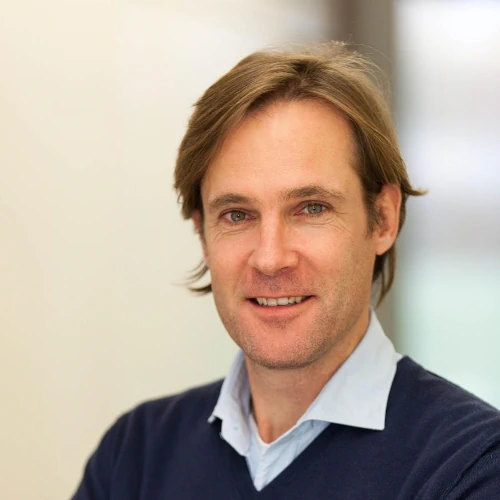
Since 2012 Full Professorof Experimental Virology at the Medical School Hannover and Director of the Institute of Experimental Virology at TWINCORE – Centre for Experimental and Clinical Infection
1997-2000 PhD degree at the Institute for Virology of the University of Würzburg 2012-2017 ERC starting grant “VIRAFRONT”
2002-2006 Postdoctoral fellow, University of Heidelberg, Heidelberg, Germany. Prof. Dr. Ralf Bartenschlager
Since 2021 Program-Oriented Funding IV speaker of the Helmholtz Centre of Infection Research (HZI) (period 2021-2027)
Since 2020 Member of the DFG Study Section FK 204 (Microbiology, Virology and Immunology)
Since 2019 German Center for Infection Research (DZIF) – Partner Site Speaker Hanover-Brunswick
Since 2019 Member of the DZIF internal advisory board
Since 2014 Member of the Advisory Board of the German Society of Virology
2018 – 2021 Speaker of the Junior Academy of the German Society of Virology
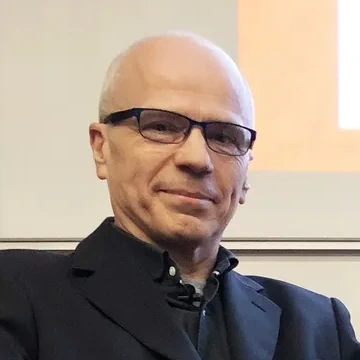
Jean Dubuisson is head of the Center for Infection & Immunity of Lille. He graduated as a veterinarian in 1984 from the University of Liège in Belgium, and he received his PhD degree in 1989 from the same university. He did a post-doctoral training between 1991 and 1994 at Washington University in St. Louis, USA, under the supervision of Charlie Rice, where he initiated research projects on HCV. In 1994, he obtained a tenure position at the CNRS and he started to develop his own group in France, at the Institut Pasteur de Lille, with the support of the CNRS.
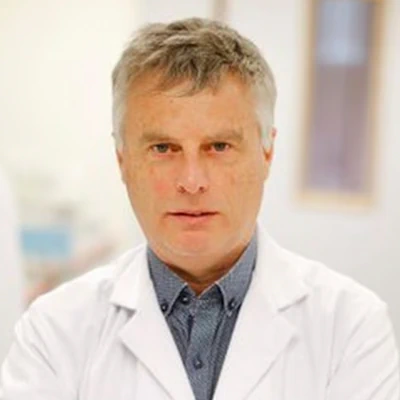
Johan Neyts (www.antivirals.be) is professor of Virology at the University of Leuven (KU Leuven) in Belgium where he teaches virology. His lab has a long-standing expertise in the development of antiviral strategies against various viruses, including HCV and emerging and neglected viral infections such as dengue, Chikungunya, enteroviruses, rabies, HEV… Since 2020 the team made major contributions to research on SARS-CoV2. A second focus of the lab is the development of a novel vaccine technology platform technology based on the yellow fever vaccine virus as a vector. Four classes of antivirals discovered in his laboratory have been licensed to major pharmaceutical companies (against HCV, dengue, enteroviruses and RSV). Johan is a past-president of the International Society for Antiviral Research. He published ~630 papers [H-index: WoS 76 – Google Scholar 98], gave ~300 invited lectures and hundreds of lay-press interviews.
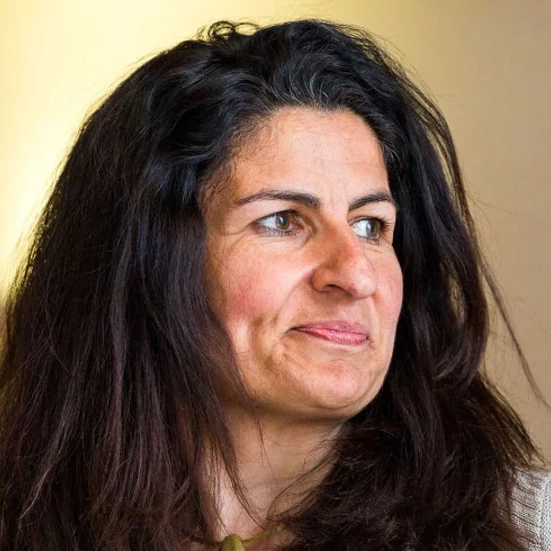
Mala Maini is a Professor of Viral Immunology in the Division of Infection and Immunity at UCL, London and a Consultant Physician in the viral hepatitis clinic. Her lab researches liver immunity and immunopathology, focusing on cellular interactions in the liver niche. By dissecting the immune correlates of viral persistence versus control, the Maini lab contributes to the development of novel immunotherapeutic strategies for hepatitis B and hepatocellular carcinoma. Mala was awarded Wellcome Trust Senior Investigator Awards in 2013 and 2019 and elected to the Academy of Medical Sciences in 2016. Work in the Maini lab is also funded by the Cancer Research UK, EU Horizon 2020, Medical Research Foundation, NIHR, UKRI, British Infection Association.
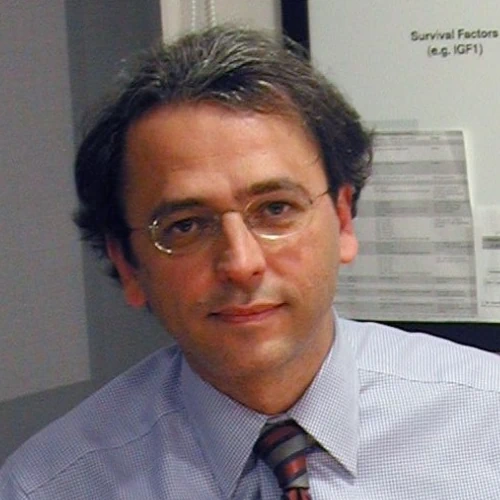
Josep M. Llovet, MD, PhD is Professor of Medicine – Hepatic Oncology at University of Barcelona, Professor of Research-ICREA in the Liver Unit, IDIBAPS-Hospital Clínic of Barcelona and Director of the Liver Cancer Program and Full Professor of Medicine at the Icahn School of Medicine at Mount Sinai, New York and Director. Professor Llovet obtained his degree in Medicine and Surgery from the University of Barcelona in 1986 and his PhD from the Autonomous University of Barcelona in 1995.
Professor Llovet has been President, Secretary and Founder of the International Liver Cancer Association (ILCA) Chairman of the European Clinical Practice Guidelines of management of liver cancer (EASL-EORTC), President of the AASLD-SIG of Hepatobiliary neoplasia and member of the Educational Committee of EASL. He has published more than 335 articles in peer-reviewed journals (total citations 131,899, total impact factor 8,221.9; h index 138-Google Scholar), > 55 chapters of books, and has delivered more than 620 lectures. He is Senior Editor of Clinical Cancer Research and has been recognized as Top-1% cited researcher in Clarivate Analytics (2014 to 2022).
He has devoted his career studying the pathogenesis and treatment of liver cancer. His clinical research contributed to the establishment of sorafenib, regorafenib, ramucirumab and chemoembolization as the standard of care in hepatocellular carcinoma (HCC). His group discovered novel drivers as therapeutic targets and described the molecular and inflamed classes HCC. He has received the AACR-Landon International Award (2009), the International Hans Popper award (2012), and was recognized as Fellow of the American Association for the Study of Liver Diseases (FAASLD-2015). He has received competitive funding for 95 projects, including the European Commission and the US National Institute of Health.